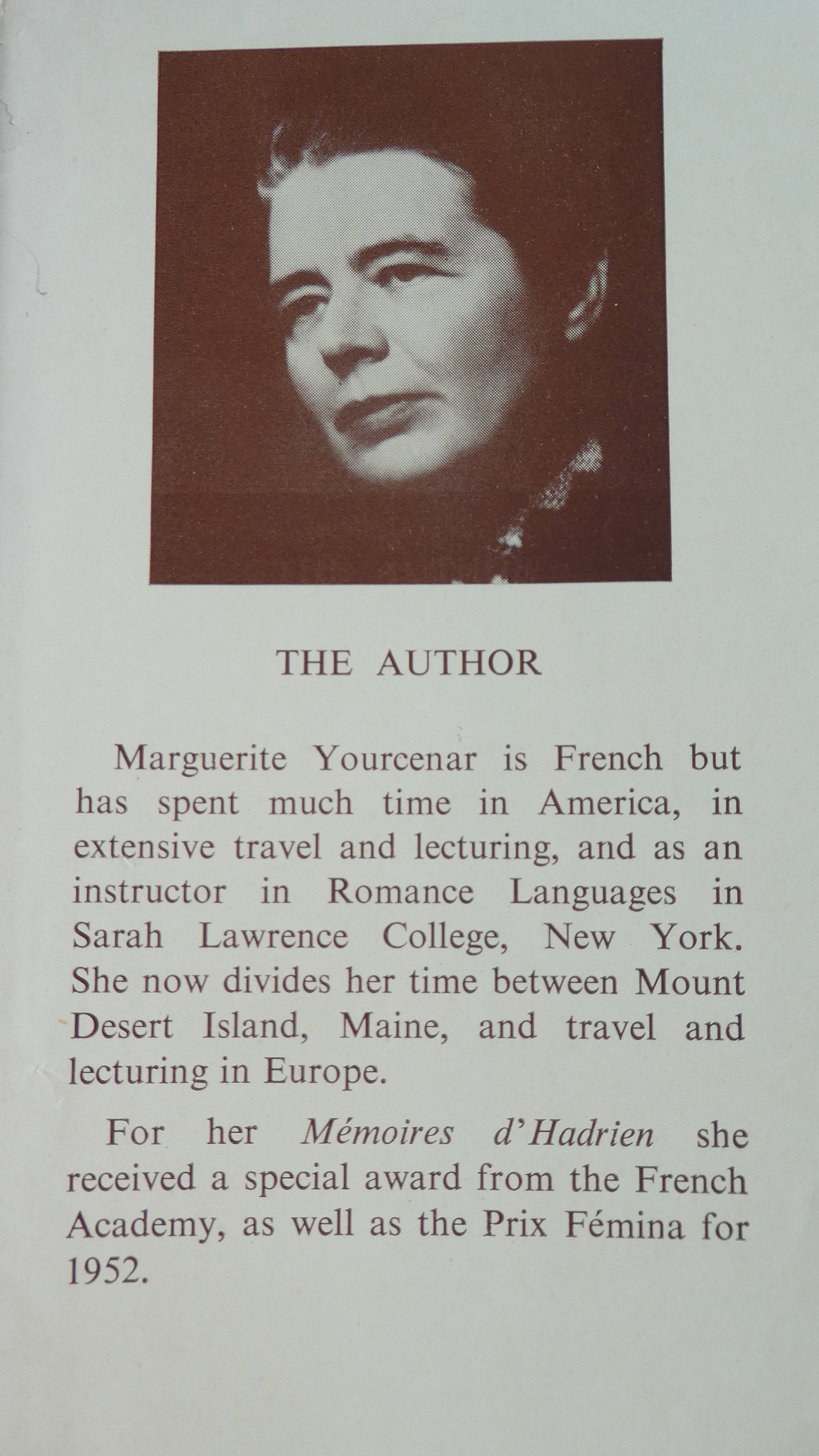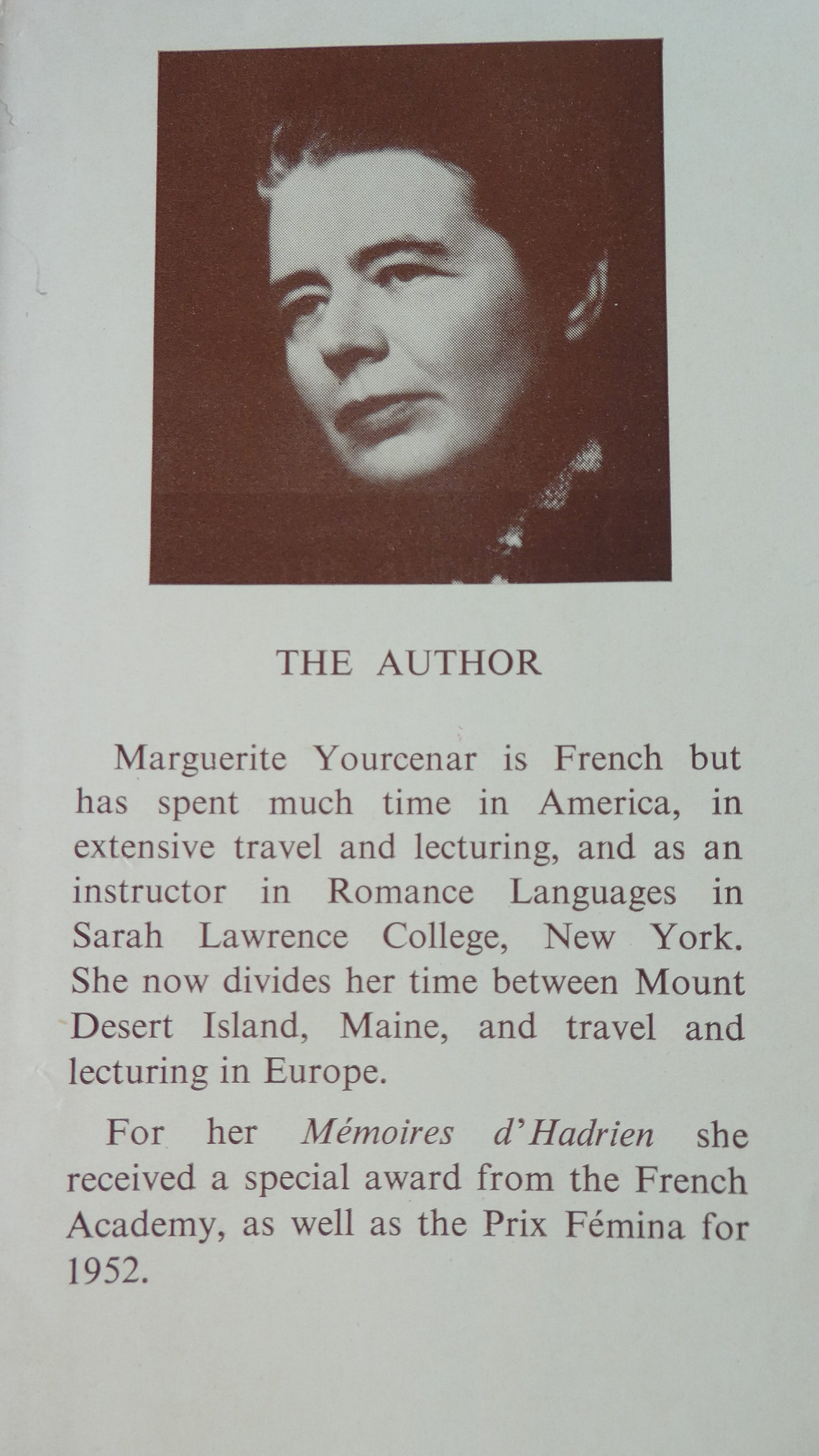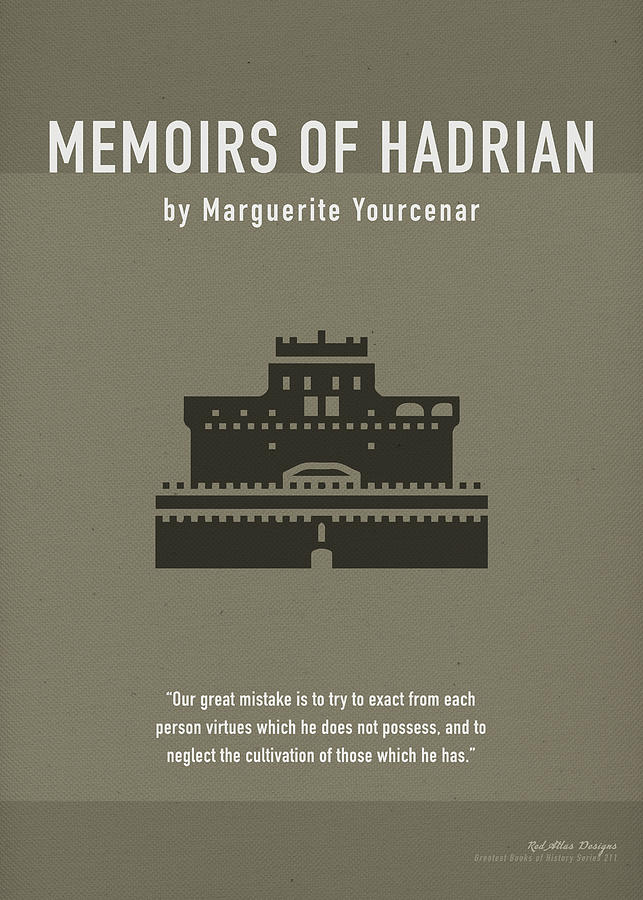

Hadrian sends his best commander, but the battle continues for three years. Not long after, Jewish zealots in Jerusalem massacre Roman troops and send the city into revolt. He builds hundreds of statues and sets about creating a cult to his dead lover. Hadrian is devastated, and he has Antinous interred in Alexandria. He begins to take his young lover for granted, and Antinous - knowing Hadrian's interest in cults and strange rites - sacrifices himself for the emperor. The young man becomes his constant companion.Īt about this time, Hadrian realizes he is divine. While in Bithynia, he meets a beautiful Greek named Antinous and falls in love. He also pushes reforms increasing imperial transparency and rights to slaves. He makes peace with the Parthians, begins rebuilding Athens and Jerusalem, and builds centers of trade throughout the provinces.

Hadrian does not care for Rome and spends most of his reign traveling the provinces.

Trajan dies and Hadrian takes the throne. Hadrian believes his role as emperor should be to ensure peace and prosperity throughout the Roman world. Trajan begins a campaign of conquest in Parthia that dominates his reign. Hadrian marries into the family and is assisted by the empress, Plotina. Trajan tentatively chooses him as a successor. Trajan is uncertain of Hadrian's value and skills, but Hadrian proves himself in the Dacian Wars with acts of valor. Nerva dies, and Hadrian is the first to tell his cousin of his accession.

While serving in Spain, Domitian dies and is succeeded by the elderly Nerva, who takes Hadrian's cousin Trajan as his adopted son. There he lives a life of debauchery, until he returns to active duty in the Pyrenees. During the waning days of Domitian's reign, he goes to Rome and works several years as a judge. He studies rhetoric, Greek, philosophy and medicine in Spain and Greece, and trains as an army officer. Hadrian is born in Italica to a Spanish family. He intends to give his adopted grandson a true history of his life and reign. When Hadrian begins his letter to Marcus Aurelius, he is an old man dying from heart disease. It details the struggles and triumphs of a leader who made peace his central objective. The narrative is told in a letter written by the protagonist to his successor, Marcus Aurelius. Memoirs of Hadrian by Marguerite Yournecar is a classic historical novel detailing the life and reign of the Roman emperor Hadrian, as told from the first-person point-of-view of Hadrian himself.


 0 kommentar(er)
0 kommentar(er)
